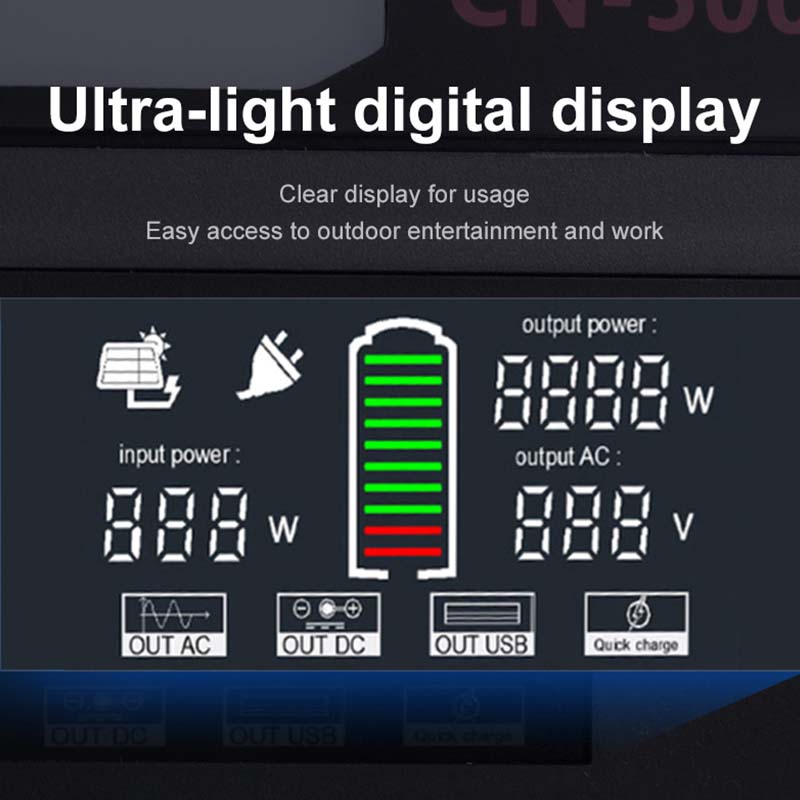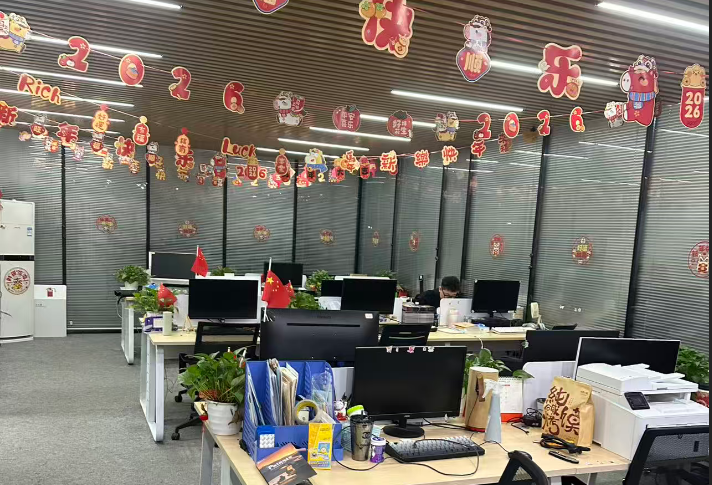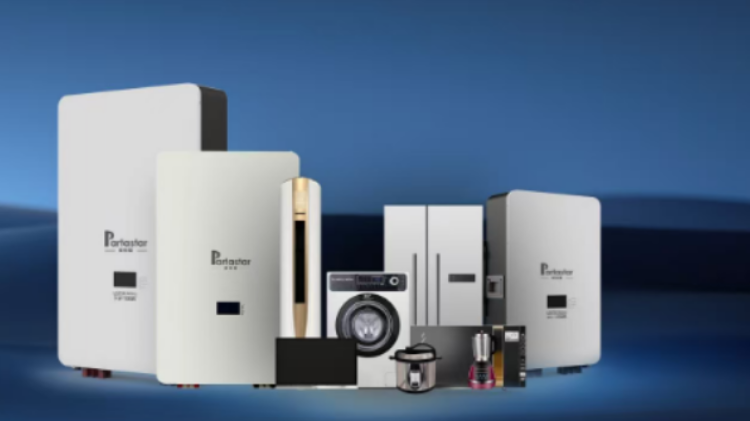What kinds of energy storage batteries are there? Introduction to the types of batteries in energy storage systems
Energy storage batteries generally refer to energy storage batteries. Energy storage can be divided into mechanical energy storage and chemical energy storage. Mechanical energy storage can be divided into pumped water storage, compressed air energy storage, and flywheel energy storage; chemical energy storage is what we usually call batteries, which can be divided into lead-acid batteries, nickel-based batteries, lithium-based batteries, and flow batteries. , Sodium sulfur battery.
1. Lead-acid battery
A lead-acid battery is a battery whose electrodes are mainly made of lead and its oxides, and the electrolyte is a sulfuric acid solution. In the discharge state of the lead-acid battery, the important component of the positive electrode is lead dioxide, and the important component of the negative electrode is lead; in the charged state, the important component of the positive and negative electrodes is lead sulfate.
The advantages of lead-acid batteries are: safe sealing, venting system, simple maintenance, long service life, stable quality, and high reliability; the disadvantages are large lead pollution and low energy density (that is, too bulky).
2. Nickel battery
Ni-MH battery is a kind of storage battery with good performance. The positive active material of Ni-MH battery is Ni(OH)2 (called NiO electrode), the negative active material is metal hydride, also known as hydrogen storage alloy (the electrode is called hydrogen storage electrode), and the electrolyte is 6mol/L potassium hydroxide solution.
The advantages of Ni-MH batteries are: high energy density, fast charging and discharging, light weight, long life, and no environmental pollution; the disadvantages are slight memory effect, many management problems, and easy formation of single battery separator melting.
3. Lithium battery
Lithium-ion batteries are a type of batteries that use lithium metal or lithium alloy as the negative electrode material and use non-aqueous electrolyte solution. Due to the very active chemical properties of lithium metal, the processing, storage and use of lithium metal have very high environmental requirements. With the development of science and technology, lithium-ion batteries have become the mainstream now.
The advantages of lithium-ion batteries are: long service life, high storage energy density, light weight, and strong adaptability; the disadvantages are poor safety, easy explosion, high cost, and limited use conditions.

4. Flow battery
Liquid flow energy storage battery is a type of device suitable for stationary large-scale energy storage (electricity storage). Compared with the currently commonly used secondary batteries such as lead-acid batteries and nickel-cadmium batteries, it has independent design of power and energy storage capacity. (The energy storage medium is stored outside the battery), high efficiency, long life, deep discharge, and environmental friendliness. It is one of the preferred technologies for large-scale energy storage technology.
The advantages of liquid flow batteries are: flexible layout, long cycle life, fast response, and no harmful emissions; the disadvantage is that the energy density varies greatly.
5. Sodium-sulfur battery
A sodium-sulfur battery is a secondary battery that uses metallic sodium as the negative electrode, sulfur as the positive electrode, and a ceramic tube as the electrolyte diaphragm. Under a certain working degree, the reversible reaction between sodium ions permeating the electrolyte membrane and sulfur forms the release and storage of energy.
The advantages of sodium-sulfur batteries are: the specific energy is as high as 760Wh/kg, there is no self-discharge phenomenon, the discharge efficiency can reach almost 100%, and the life can reach 10-15 years; the disadvantage is that the high temperature of 350 ° C melts sulfur and sodium.



